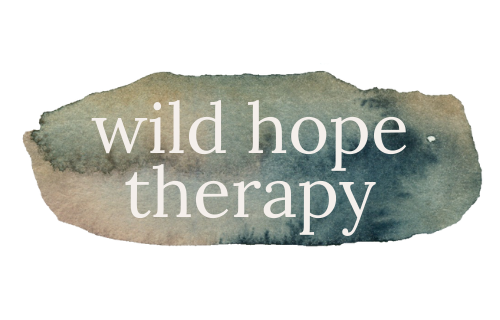testimony provided for HCR16
Chair Pavliga, Vice Chair White, Ranking Member Brewer and members of the House Behavioral Health Committee. Thank you for allowing me to provide proponent testimony on HCR16, recognizing the importance of perinatal mental health.
Hello, my name is Sara Parko, and I am a licensed social worker and certified perinatal mental health therapist. I currently work in private practice where I also serve as the perinatal education manager to support our clinical team and I manage a caseload of over ninety-percent perinatal clients. I have also had the opportunity to support the perinatal population in both community mental health and hospital settings.
Today, my hope is to add color and context to the perinatal mood and anxiety disorders that impact maternal mental health and wreak havoc on families. These conditions are ones that, when appropriately supported by a mental health professional, are treatable and can improve outcomes for the birthing person, baby, partner and family.
Several years ago I met with a woman who experienced postpartum psychosis, a rare disorder, but incredibly serious. When experiencing postpartum psychosis the mother had delusions and hallucinations related to her infant. The situation became grave when the mother stopped sleeping for days at a time, began to neglect the baby, and spent her time entertaining the voice in her mind. This mother also had three other children, and thankfully, a very observant partner. The woman was hospitalized, however, this experience is fraught with emotions as it also ended her breastfeeding journey and further delayed bonding with her child.
I actually met this woman when she found out that she was pregnant with her fifth child, and she was appropriately terrified to re-experience psychosis. We processed through the trauma that occurred and helped her to heal from the past before welcoming her next baby. To manage the risk of psychosis, we focused on building a network of support to reduce stress and triggers, collaborated with her care team, and also developed a plan, should psychosis occur, that supported her autonomy and provided her with a sense of empowerment. She did not re-experience postpartum psychosis.
Another woman’s story I’d like to share with you today is from 2020. While this story is one that is directly complicated by the pandemic, the ongoing fears related to germs, illness and social support or settings remain themes in my work as we all process the impact of this universal trauma on our lives.
Although this woman had a previous history of anxiety, she had never sought treatment, doing her best to manage her symptoms - preferably masking or hiding them from others. During her pregnancy she constantly worried about the baby and refused to allow herself to connect with the pregnancy and celebrate for fear of the risk of miscarriage, and then stillbirth. This was made easier by the lack of social commitments and opportunities at the time. She also reported that when she went to her midwife appointments she would make sure she was put together - well-dressed and make-up done - to ensure again that no one noticed she was struggling. This mother was also fearful that if she could not be perfect, “they” would take her baby away.
When she welcomed her baby into the world her fear of losing the baby diminished; but a new fear replaced it with constant rumination and intrusive thoughts. When I met her she was four weeks postpartum, her anxiety and fear of COVID had made it impossible to ask others for help in the home, she was struggling to breastfeed her baby who was also not gaining weight as her pediatrician would like, she struggled to sleep and feed herself as well, she had no confidence in herself as a mother, and reported that she believed “everyone would be better off without her.” Her anxiety made it impossible to make decisions; impossible to care for herself or her child; impossible for her to see hope for the future.
We met twice a week and focused on small tasks to support basic needs. In therapy we worked on developing coping skills to manage intrusive thoughts and decrease the client’s anxiety. This client’s symptoms made it impossible for her to return to work as planned and so I supported her in filing for short term disability. After several weeks of therapy she allowed her mother to come into her home to help her and her partner, she began sleeping, she felt more confident learning her infant’s cues and began bonding more with her child, she made decisions for herself and her baby regarding feeding that felt genuine and healthy, she learned to push back on intrusive thoughts and reduce rumination, and overtime she developed an improved sense of self.
I have hundreds of stories like these. Stories of new parents struggling to survive, challenged by their mental health as they take on the difficult transition of parenting. Stories of birthing people with postpartum depression, postpartum anxiety, perinatal obsessive compulsive disorder, and birth trauma.
The final story I would like to share with you today, is mine. The reason I entered this treatment space is because of my friend. President of our sorority - strong, thoughtful, kind. She was the type of person who you couldn’t not smile around. I remember when I learned that she had completed suicide, leaving behind a loving husband and 11-month old daughter. It’s my hope that no one ever feels as alone, defeated or helpless as my friend must have. It’s my hope that I can do what I can to ensure birthing persons have support for their mental health - so that children don’t have to grow up without their mothers.
Thank you again for allowing me to provide testimony on HCR16, and I am happy to take any questions you may have at this time.
